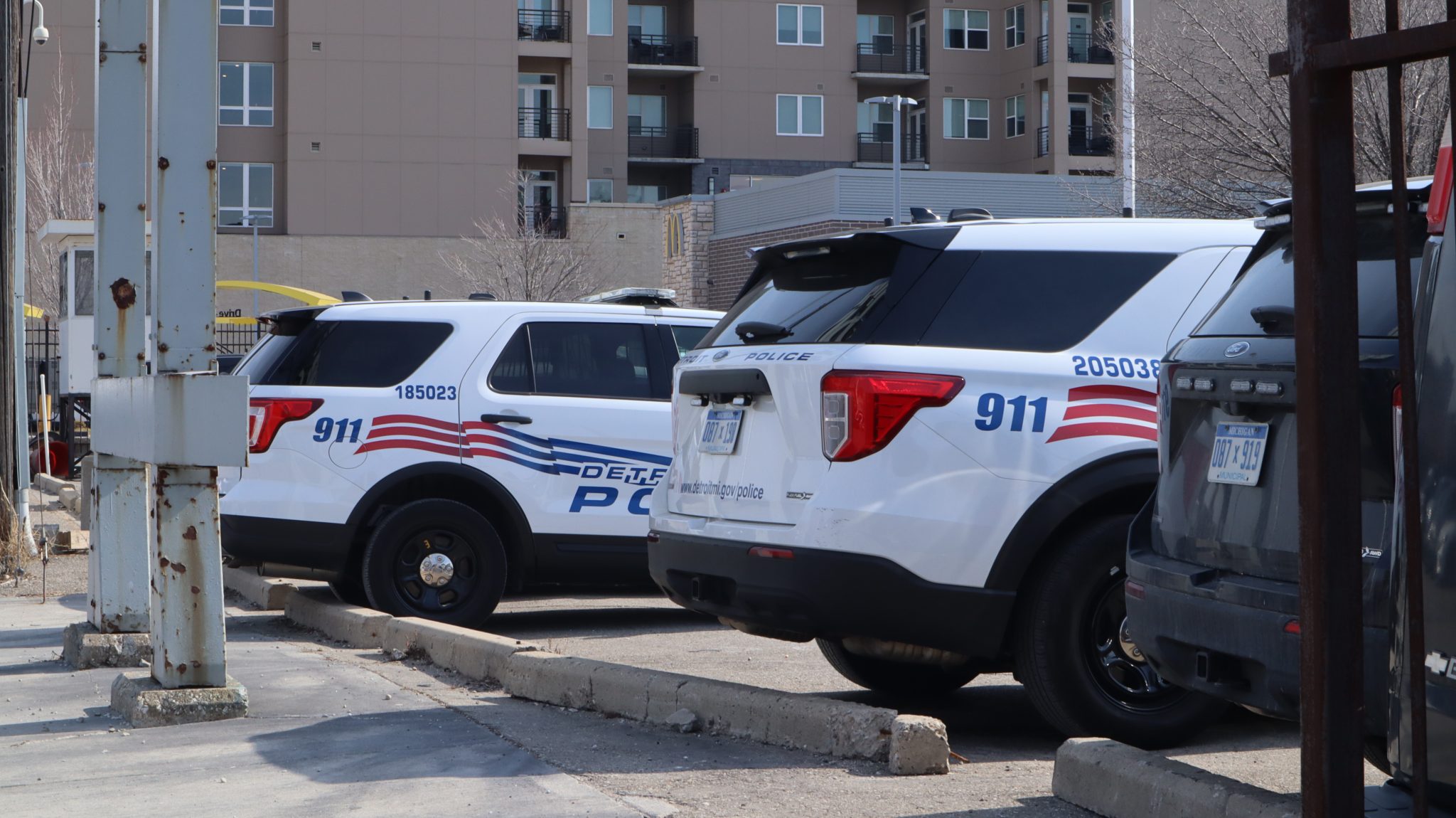Detroit Today: Why mental health has become a focus for Detroit police
Four guests discuss the theory and practice behind mental health co-responders, and how the work has evolved in the past few years.

Last week, Detroit Mayor Mike Duggan announced that the city will add 11 more mental health police responders with state budget dollars.
After Detroit Police officers fatally shot Porter Burks and Ki’azia Miller — two residents experiencing mental health episodes — Detroit Police Chief James White changed the department’s Crisis Intervention Team program in December.
Both in the State of Michigan and in Detroit, police officers have been trained to intervene differently to help those experiencing crises, and behavioral health officers have often been deployed to work alongside them to aid in those interventions. Duggan and White hope the additional Crisis Intervention Team officers will help DPD handle more mental health-related calls — which are up by over 1,000 since the same time last summer.
Subscribe to Detroit Today on Apple Podcasts, Spotify, Google Podcasts, NPR.org or wherever you get your podcasts.
Guests
Eric Doeh is the Director of Detroit Wayne Integrated Health Network. He says after the murder of George Floyd in 2020, police departments across the country, including Detroit, were reevaluating the way they treat citizens.
“We needed to do not just a better job, but totally train our officers and our families as well when it comes to dealing with folks with mental health challenges,” says Doeh.
Arnold Wicker Sr. is a Crisis Intervention Team (CIT) Coordinator at the Detroit Wayne Integrated Health Network. He says the very nature of law enforcement is undergoing a reckoning.
“It’s a paradigm shift for law enforcement,” says Wicker.
Dr. Amy Watson is a professor at the Helen Bader School of Social Welfare at the University of Wisconsin-Milwaukee whose work focuses on crisis intervention training and police encounters with people experiencing mental illnesses. She says in much of police work, individuals are overestimated to be dangerous by police officers.
“People grossly overestimate the amount of danger… or the number of situations that are actually dangerous,” says Watson.
Berkley Carnine is a crisis worker and community education specialist with Crisis Assistance Helping Out On The Streets or CAHOOTS. She says CAHOOTS uses particular strategies in order to keep response workers safe in addition to the folks they are serving.
“There’s always two of us responding together, and that is both for safety and because we can provide a more integrative, holistic response for people,” says Carnine.
Trusted, accurate, up-to-date.
WDET strives to make our journalism accessible to everyone. As a public media institution, we maintain our journalistic integrity through independent support from readers like you. If you value WDET as your source of news, music and conversation, please make a gift today.

